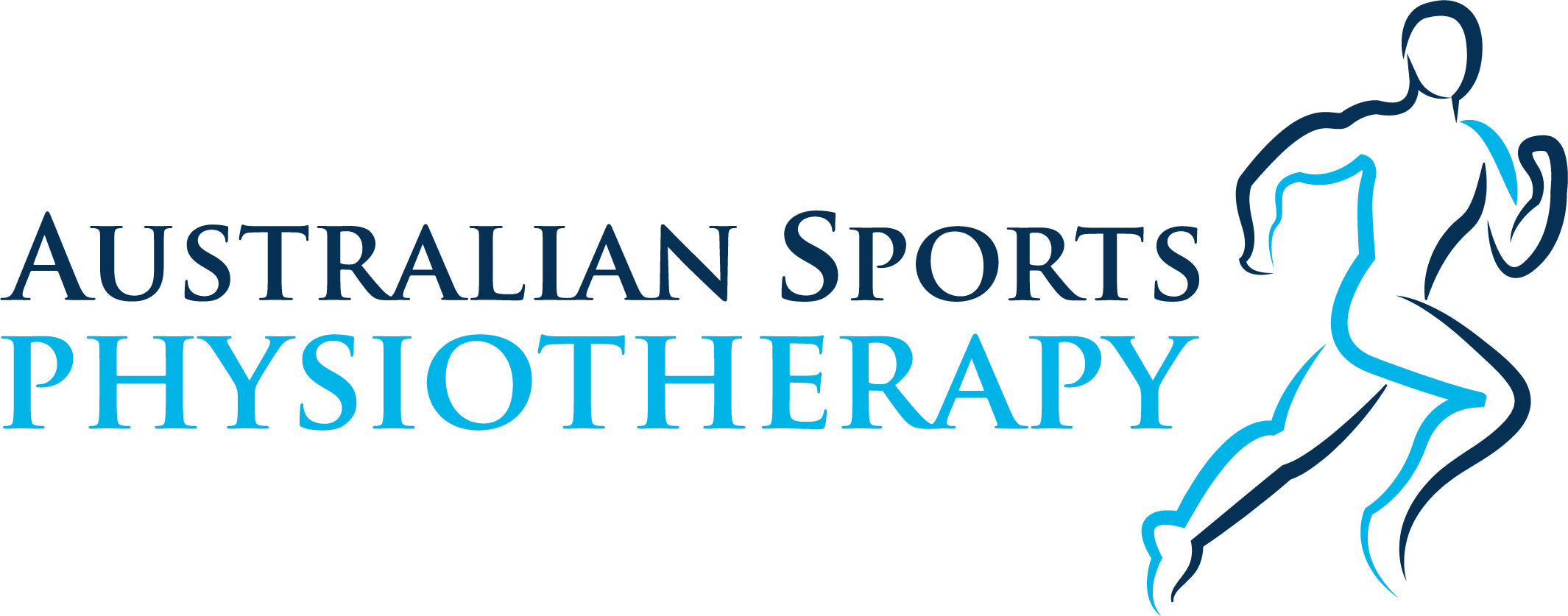How important is exercise for women’s health? You may be surprised to learn that incorporating exercise physiology into your routine can have a significant impact on your overall well-being.
Women’s health is a topic that encompasses a wide range of issues, from reproductive health to mental wellness. Exercise physiology focuses on the relationship between physical activity and the body’s response, making it a crucial aspect of promoting women’s health across all stages of life.
From improving cardiovascular health to managing weight and reducing the risk of chronic diseases, exercise physiology plays a vital role in enhancing the quality of life for women.
So if you’re looking to prioritise your health and well-being, understanding the importance of exercise physiology is key.
What is exercise physiology?
Exercise physiology focuses on developing, providing, and implementing safe and effective exercise interventions for persons with acute, sub-acute, or chronic health conditions, injuries, or disabilities.
When applied to women’s health, it focuses on designing safe and effective exercise programs that address the specific needs and concerns women encounter throughout their lifespan.
Women’s health exercise physiologists can offer wellness guidance and education to help treat, manage, and enhance the symptoms of the many ailments or diseases women encounter at every life stage. Some include:
- Pelvic floor dysfunction
- Pre- and post-natal exercise
- Gynecological cancers
- Mental health
- Female sexual dysfunction
- Hysterectomy
- Weight loss
- PCOS
- Endometriosis
- Osteoporosis
- RED-S
- POP
- DRAM
- Menopause
- Gestational diabetes
Common medical conditions women face
Here are some of the common health issues facing women and how exercise physiology plays an integral role in the prevention and treatment of these health issues.
1. Polycystic Ovarian Syndrome (PCOS)
Polycystic Ovarian Syndrome (PCOS) is a condition that affects the hormone levels in women of reproductive age (from when you get your first period to when it ends at menopause).
It can affect a woman’s body in many ways, such as excess androgens (male hormone), insulin resistance, reduced fertility, irregular or absent periods, changes in your skin, excess hair on the body and face, a possible reduction in the hair on your head, and can significantly impact mental wellbeing.
PCOS can also put women at increased risk of other health conditions such as sleep apnea, type II diabetes, CVD and cholesterol abnormalities.
Exercise can be highly beneficial for individuals with Polycystic Ovary Syndrome (PCOS) by playing a role in managing some of its associated symptoms.
2. Endometriosis
Endometriosis is a chronic, gynaecological condition where tissue that lines the uterus grows outside the uterine cavity, usually around the pelvis.
Roughly 700,000 Australian women are currently living with endometriosis.
Pain and discomfort in the lower back and pelvic region are often described and associated with endometriosis.
The exercise that is prescribed for people with this condition often focuses on symptom management.
3. Breast Cancer
Breast cancer is a type of cancer that forms in the cells of the breast. It can occur in both men and women, but it is far more common in women. Breast cancer can start in different parts of the breast, such as the ducts that carry milk, the lobules that produce milk, or other cells within the breast tissue.
The diagnosis of breast cancer can bring a rollercoaster of emotions as well as many new challenges and side effects.
People who are diagnosed with breast cancer tend not to think about exercise as an additional treatment option; however, exercise plays a big part in the management of breast cancer not only during treatment but after treatments have ended as well.
4. Menopause
Menopause is a natural biological process that marks the end of a woman’s reproductive years. It typically occurs around the age of 45 to 55, with the average age being around 51. Menopause is defined as the cessation of menstruation for 12 consecutive months due to a decline in reproductive hormones, particularly estrogen and progesterone, produced by the ovaries.
The transition to menopause, known as perimenopause, can last for several years and is characterised by irregular menstrual cycles and various symptoms caused by hormonal fluctuations.
Benefits of exercise physiology for women’s health
Here are some of the ways exercise physiology can benefit women’s health:
1. Improved cardiovascular health
Exercise strengthens the heart and lungs, and reduces the risk of heart disease, stroke, and high blood pressure.
2. Weight management
Exercise helps burn calories and can help women maintain a healthy weight.
3. Stronger bones
Strength training helps increase bone density and reduce the risk of osteoporosis.
4. Reduced risk of certain cancers
Exercise has been shown to reduce the risk of breast cancer, colon cancer, and endometrial cancer.
5. Improved mental health
Exercise can help improve mood, reduce stress, anxiety, and depression.
6. Pelvic floor health
Exercise can help to strengthen the pelvic floor muscles, which can help prevent incontinence and improve sexual function.
7. Pregnancy and postpartum health
Exercise can help improve pregnancy outcomes, reduce the risk of postpartum complications, and help women recover from childbirth, e.g., abdominal separation, more quickly.
8. Reduces pain
Exercise can help reduce pain from conditions such as arthritis and endometriosis.

Final thoughts
Prioritising women’s health and exercise physiology is crucial to empowering women to take control of their well-being. By understanding how your body works and incorporating regular physical activity into your routine, women can feel stronger, more confident, and more resilient.
Remember, your health is your wealth, so invest in it wisely!
Book an appointment with one of our experienced physiologists today for a comprehensive assessment and customised treatment plan.










